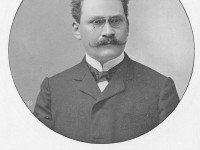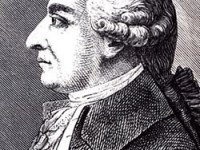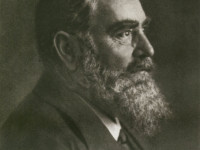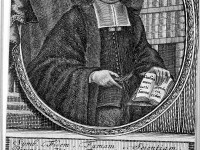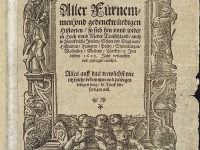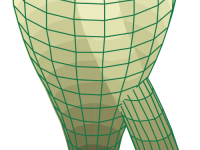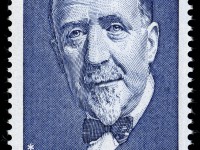Hermann Minkowski and the four-dimensional Space-Time
On June 22, 1864, German mathematician Hermann Minkowski was born. Minkowski developed the geometry of numbers and used geometrical methods to solve problems in number theory, mathematical physics, and the theory of relativity. But he is perhaps best known for his work in relativity, in which he showed in 1907 that his former student Albert Einstein’s special theory of relativity can be understood geometrically as a theory of four-dimensional space–time, since known as the “Minkowski…
Read more

